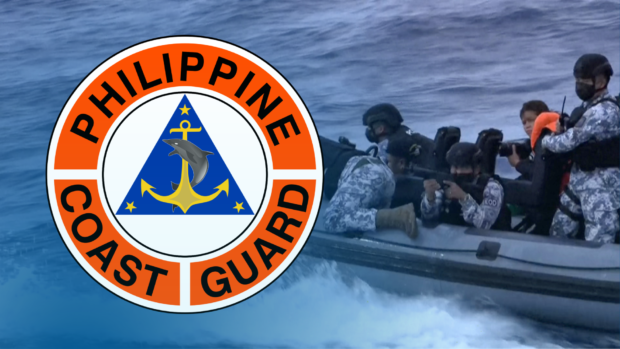PCG seeks help of IOPC Fund in Mindoro oil spill cleanup
MANILA, Philippines — With the insurance coverage of the sunken MT Princess Empress facing a snag due to controversy surrounding its authority to travel, the Philippine Coast Guard (PCG) has sought the assistance of the International Oil Pollution Compensation (IOPC) Funds to boost the country’s efforts in cleaning up the oil spill.
In a statement on Friday, the PCG said it will seek help from the IOPC Funds to help speed up the acquisition of its own remotely-operated vehicles (ROVs).
It cited how the ROV Hakuyo released by the Japanese Dynamic Positioning Vessel Shin Nichi Maru was able to immediately pinpoint the location of the sunken oil tanker under the waters off Naujan in Oriental Mindoro province.
The Japanese ROV was also able to confirm that oil leaks were observed from all its eight compartments, containing 900,000 of industrial fuel oil. The IOPC Funds are made up of two intergovernmental organizations, the 1992 Fund and the 2003 Supplementary Fund Protocol, which provide compensation for oil pollution damage resulting from spills of persistent oil from tankers.
The Philippines country acceded to the IOPC Funds in 1997, which the Senate ratified two years later.
Article continues after this advertisementAccording to the IOPC, a delegation representing the Philippine government visited the IOPC Funds’ offices in London on March 15 to meet with the director and a member of its claims department.
Article continues after this advertisementIn a statement, the IOPC said it was “monitoring developments closely” and would make a report to the 1992 Fund Convention executive committee in May.
“However, it is too early to determine whether the Convention would apply to this incident at this stage,” it noted.
The PCG filed a compensation request with the IOPC Funds for the cleanup of the oil spill in Guimaras province in August 2006, considered the worst in Philippine history, where the agreed compensation amounted to P104.7 million.A Senate inquiry last week, however, found that the Princess Empress may not even be covered by insurance because of irregularities in the vessel’s documentation.
According to the Maritime Industry Authority (Marina), MT Princess Empress had no updated permit when it capsized on Feb. 28, and sank the following day after experiencing engine trouble, because the tanker’s owner, RDC Reield Marine Services (RDC), had yet to amend its original certificated of public convenience.
